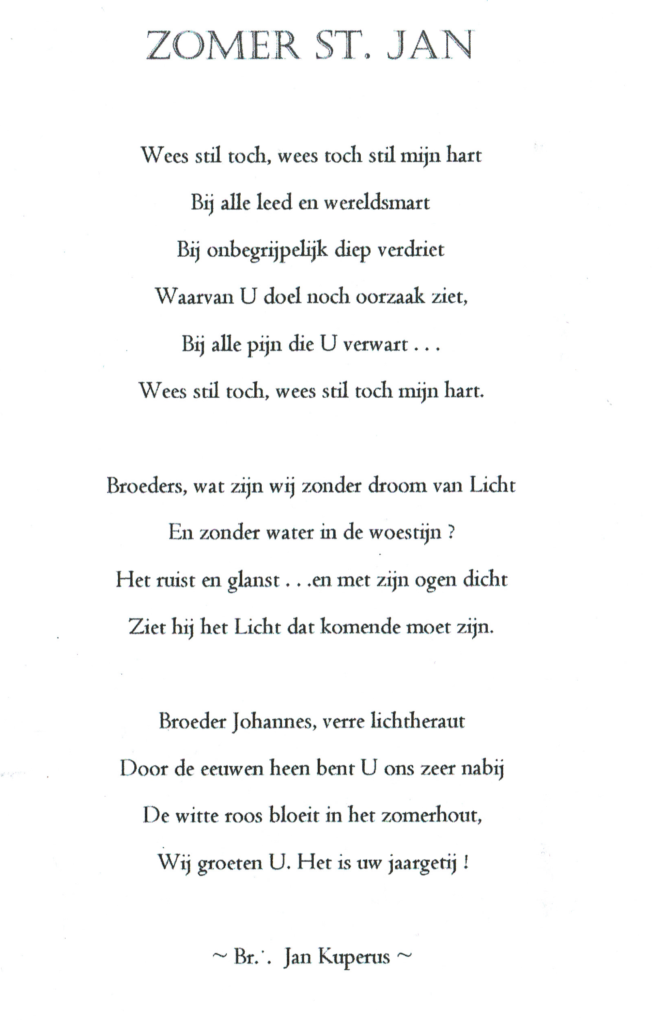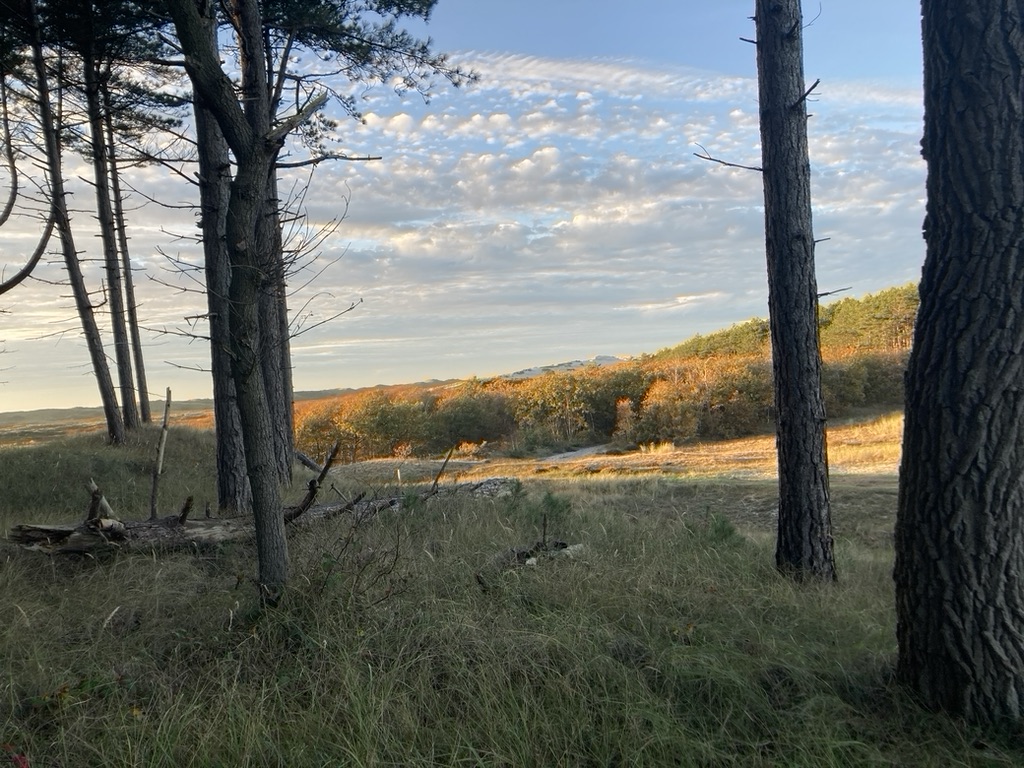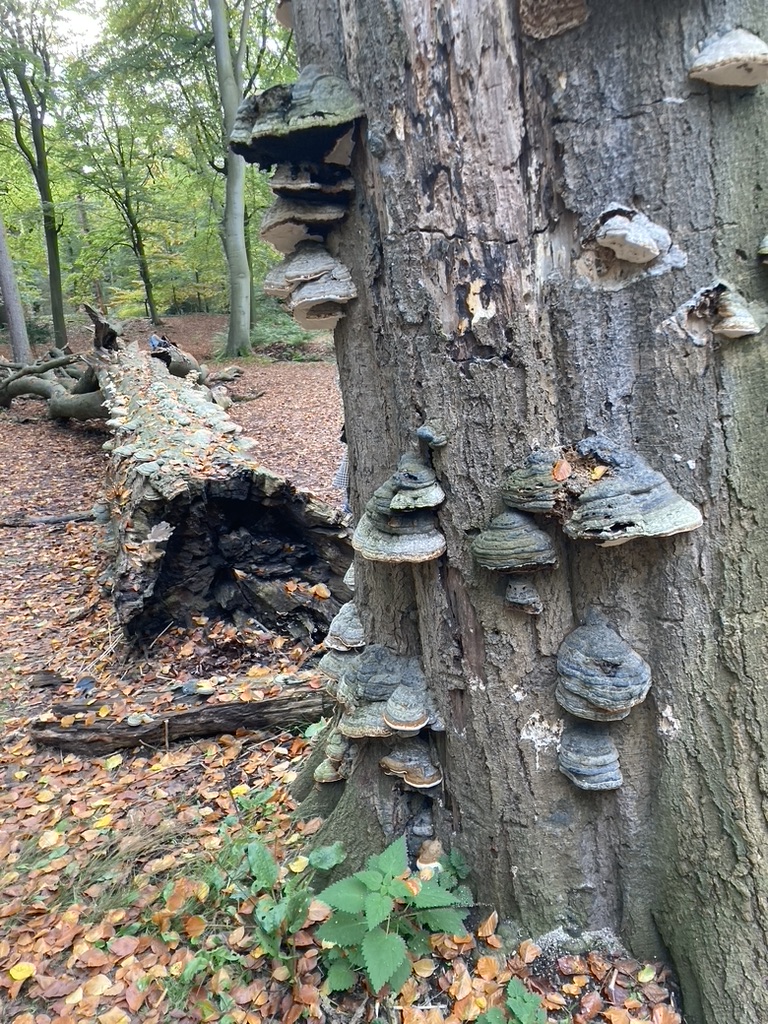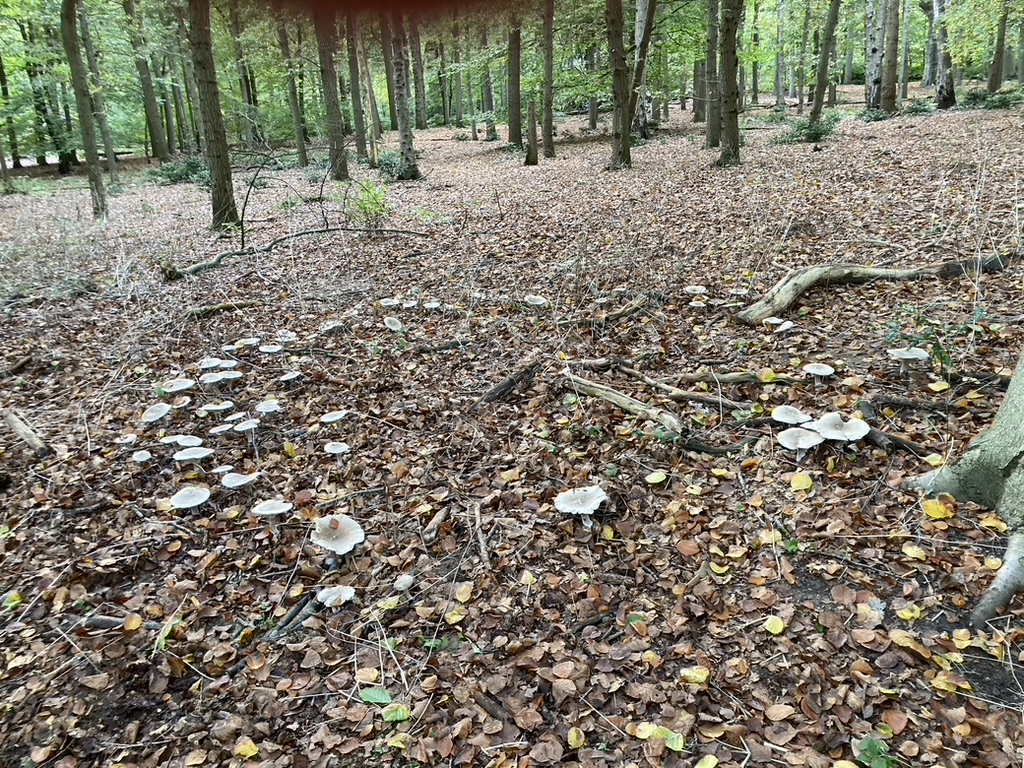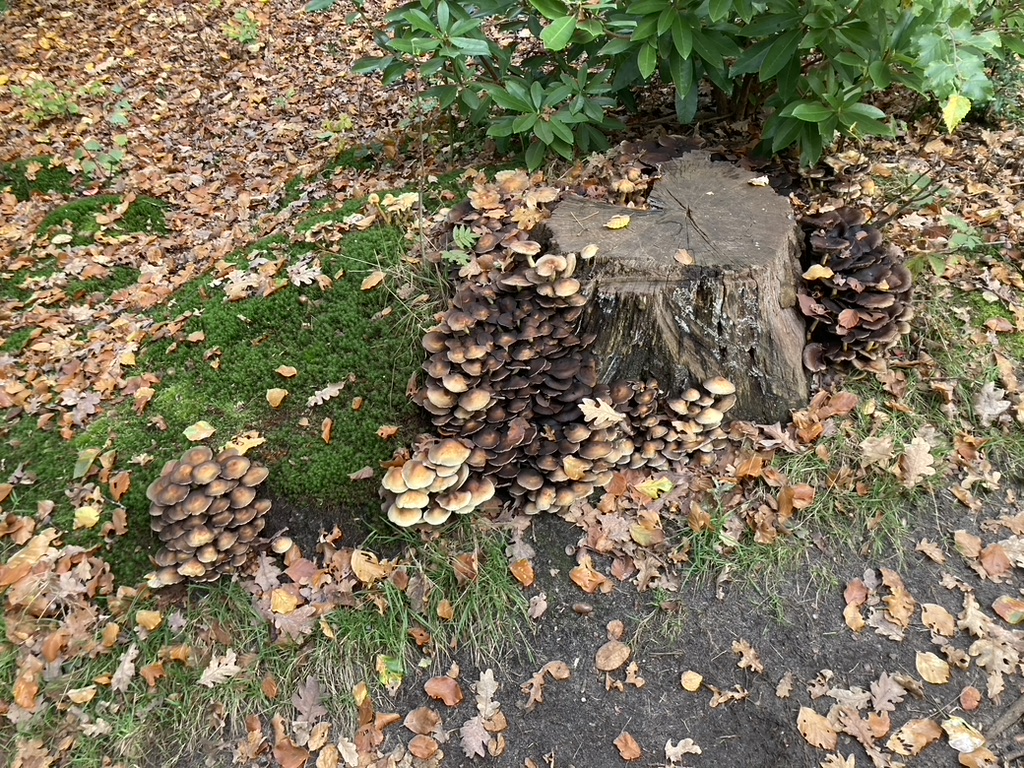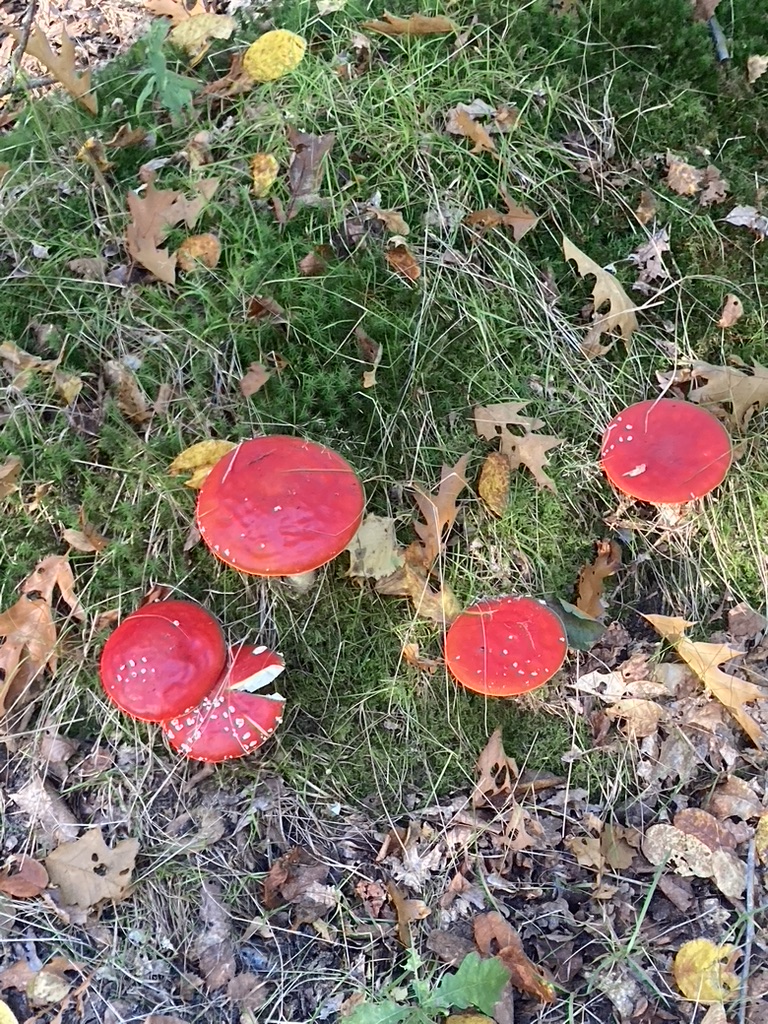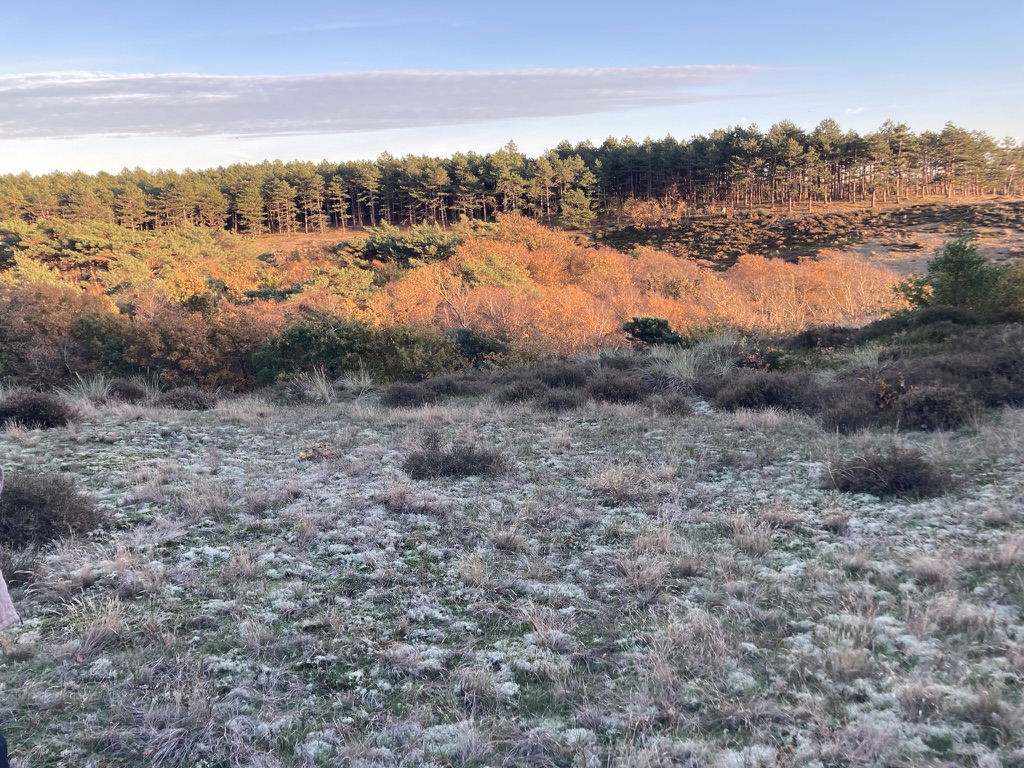If we want to solve the economical and ecological problems of our time we have to change our frame of reference, so I wrote last week. Instead of reacting we have to create. It all depends on how you ‘c‘ it. And what is it we want to create? Nothing less than a new society. I call it a dignified world.
If we want to create that we have to start with the values that should form the basis of such a society. I am choosing four: respect, freedom, openness and compassion. Respect includes respect for life, for the mystery, for others, for self, for animals, nature. It also includes wonder, awe: that everything is as it is, respect for beauty. And of course tolerance: seeing the family of men as my brothers and sisters. Freedom includes the awareness that the consequences of our decisions and actions come back to us: the law of karma. Openness implies an attitude of observing and listening; wanting to know (you) . It also includes the courage to sustain the gaze when something is difficult, to receive feedback, and to say what it is that needs to be said. Compassion in fact is the natural effect of the mentioned values.
Let’s now turn to our economic problems. In our new society we need a new economic system. I call this system a considerate economy. That should have four characteristics. It should be a common economy, it should be a solar economy, it should be a sober economy and it should be a fair economy. These characteristics can be deduced from the values I mentioned. Let me elaborate a bit on this.
A common economy is an economy that is owned by us all, not just be a small group. This in my opinion implies that all common goods – land, water, the sea and the oceans, nature, fresh air, raw materials, resources – should be public property, not privately owned. With a solar economy I mean an economy that is based completely on sustainable energy. A sober economy is a pure economy, which doesn’t mean a miserable economy, on the contrary. It means an economy that is not based on scarcity but on abundance. And last but not least, the considerate economy is a fair economy: no fraud, no cheating, no exploitation and extortion.
If individually and collectively we could base our policies and actions on these principles, a complete economic and ecological transition would take place. This may seem far out, but it can be done. It requires a lot of open communication on all levels: micro, meso and macro. Actually, I don’t think we have much choice left anymore. If we don’t choose for a considerate economy, in the end it will result in the total collapse of our human system. But I am hoping and trusting that when push comes to shelf, we will choose for our own survival. (although the debating culture in the American Congress is not encouraging. Maybe the need is still not high enough!)
The impossible dilemma between cutting expenditure at the one hand and investing at the other is only solvable within this new perspective. In this blog it all sounds deceptively simple, but that is due to the fact that I have to be very condensed in this blog. For Dutch readers, it is all elaborated about in my latest book: The sun is shining freely for everyone – a blueprint for a dignified world. And for the English speaking readers: trust me, I am not as naive as you might think. Think about it, and you may find your own way and your own contribution to a better world. The time of transformation is NOW.
(I apologize for mistakes in my English. Blogs are cursory – not stuff for correction by a native speaker).


